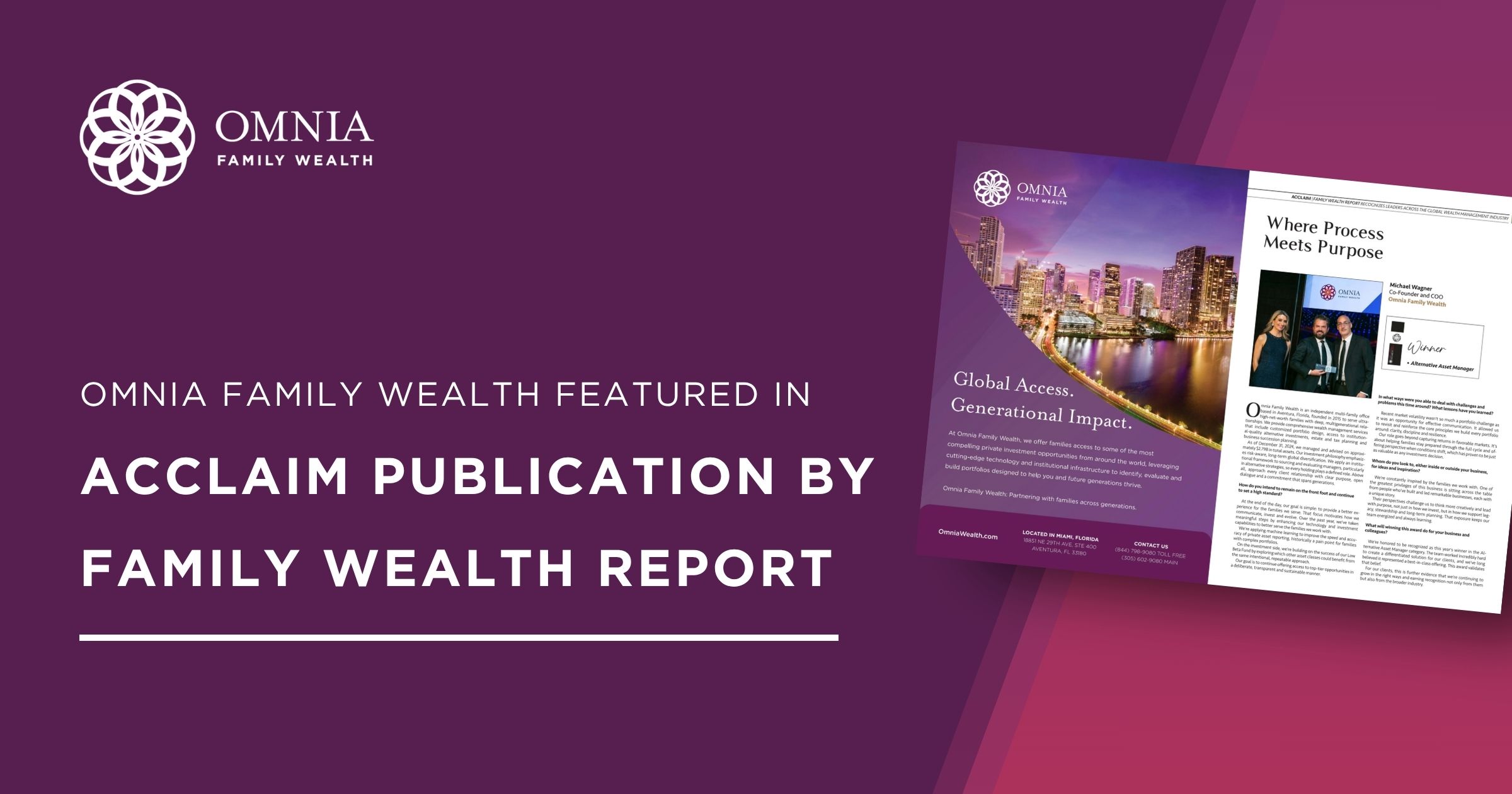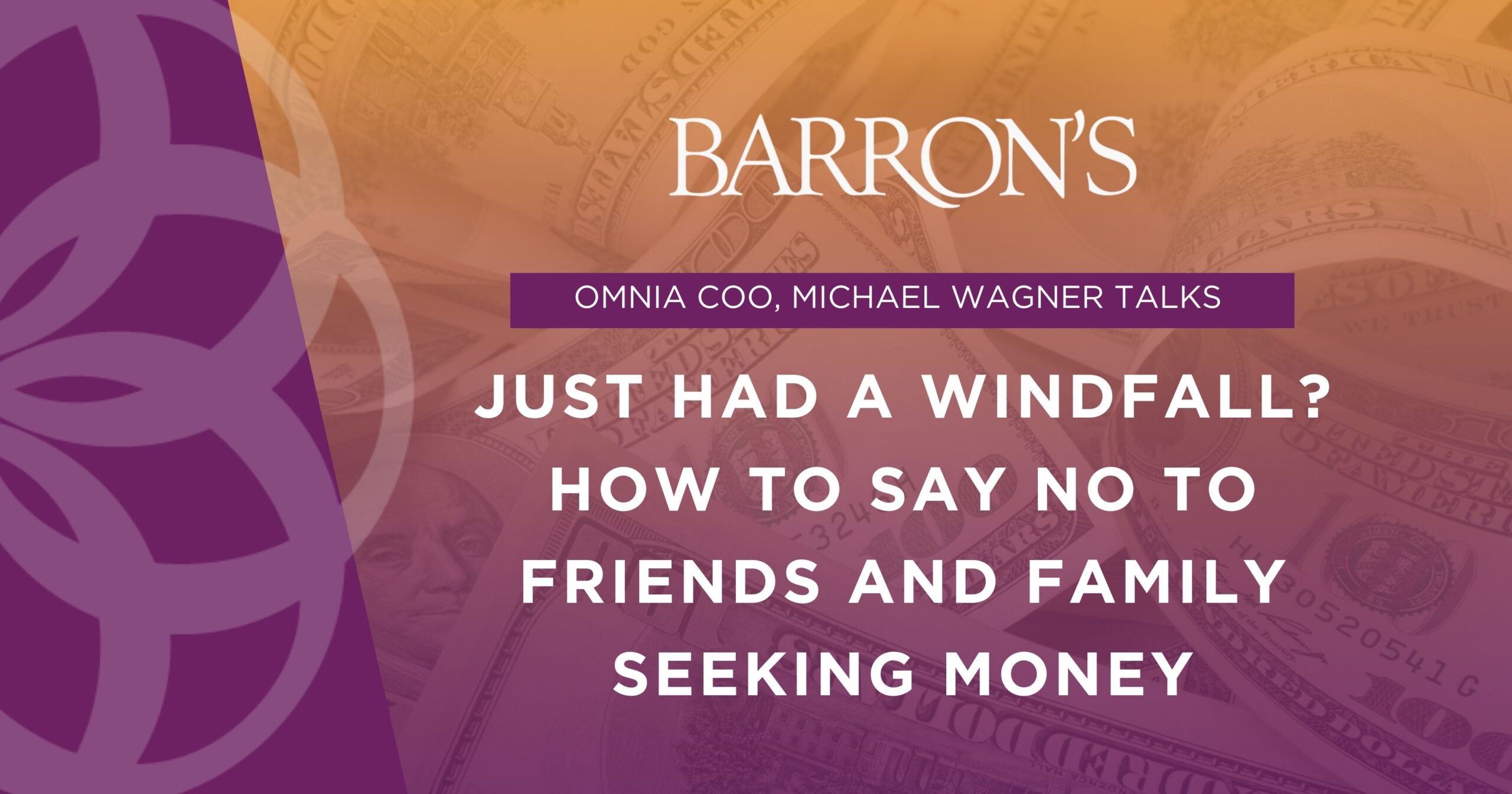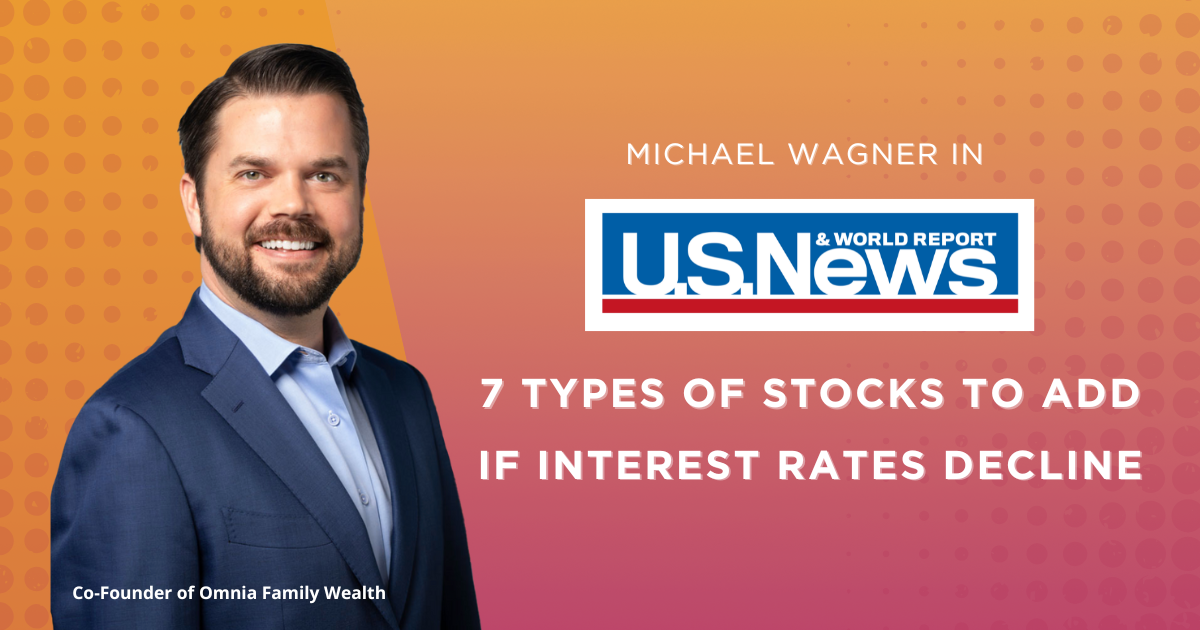
Can you embrace the volatility?
High volatility and sharp losses in equity markets around the world in the past few weeks caused much anxiety among investors and advisors. I understand why; they see the value of their portfolio going down and they start thinking about even worse losses or even permanent loss of their capital.
Why is that? Is it the first time they have experienced volatility? Does volatility tell them anything about the future? And is higher volatility necessarily all bad?
Volatility is an immune system
Volatility in equity markets is essential and very healthy; it works like an immune system. It pushes out “weak” hands in the market and helps prevent risks from accumulating for too long. It breaks the back of excessive leverage in the system before it becomes too big and a real threat to market stability.
We see it time and time again, for example, the blow-up of volatility sellers in Exchange Traded Notes (ETNs). These speculators thought that falling volatility in equity markets would continue as the norm.
High volatility wakes investors up and reminds them that there are actual risks in markets and in investing. It makes them start asking questions like maybe the market is overvalued after all? Maybe we underestimated the effect of a trade war with China? Maybe cycles still do exist? And am I able to benefit from these events? They obviously can’t answer these questions (and probably no one can), but investors are then more engaged. It’s an excellent opportunity for them to test their investment thesis and evaluate the hidden risks in their portfolios.
Financial media is overrated
The higher the volatility, the more you should avoid financial media. There’s so much noise coming from the media. It’s amazing how bad it is for investors to rely on the media for the real picture. It most often distorts reality and gets investors to make the wrong decisions. The media will report only the anecdotal, dramatic news, not what really matters, which gives investors the wrong impression of the real risks and opportunities.
Investors who rely only on financial media for their decision-making process will find themselves in an illusion. They only think they understand the world.
With an overwhelming amount of information, there has to be a thought-out process of screening and rationalizing the information we receive.
The most important question you can ask
If this spike in volatility gets you nervous, ask your advisor the “what-if” questions. With a robust intentional process behind structuring your portfolio, you and your advisor will be able to see beyond a certain stressful event. You should know what your actions will be after the “if” happens, whether it’s a recession, a sharp drop in equity markets or higher interest rates. Understand how you can take advantage of such events. Sounds trivial, but these questions are rarely asked.
So, go ahead and ask the most critical question: WHAT IF? What if equity markets drop 40% and what if bonds and stocks fall at the same time? And you better have a good answer.
Most events are tough to predict and extreme, or “tail,” events are just unpredictable. So focus on your process and the resilience of your portfolio. It’s the only thing you can control before the uncontrollable strikes.
To download this article, click here.
Let's Connect
Important Information
Omnia Family Wealth, LLC (“Omnia”), a multi-family office, is a registered investment advisor with the SEC. This commentary is provided for educational and informational purposes only. It does not take into account any investor’s particular investment objectives, strategies, tax status, or investment horizon. No portion of any statement included herein is to be construed as a solicitation to the rendering of personalized investment advice nor an offer to buy or sell a security through this communication. Consult with an accountant or attorney regarding individual tax or legal advice.
Advisory services are only offered to clients or prospective clients where Omnia Family Wealth and its representatives are properly licensed or exempt from licensure. Information in this message is for the intended recipient[s] only. Please visit our website https://omniawealth.com for important disclosures.
This content is provided for informational purposes only and is not intended as a recommendation to invest in any particular asset class or strategy or as a promise of future performance. References to future returns are not promises or even estimates of actual returns a client portfolio may achieve.
The views expressed herein are the view of Omnia only through the date of this report and are subject to change based on market or other conditions. All information has been obtained from sources believed to be reliable, but its accuracy is not guaranteed. Omnia has not conducted an independent verification of the data. The information herein may include inaccuracies or typographical errors. Due to various factors, including the inherent possibility of human or mechanical error, the accuracy, completeness, timeliness and correct sequencing of such information and the results obtained from its use are not guaranteed by Omnia. No representation, warranty, or undertaking, express or implied, is given as to the accuracy or completeness of the information or opinions contained in this report. This report is not an advertisement. It is being distributed for informational and discussion purposes only. Omnia shall not be responsible for investment decisions, damages, or other losses resulting from the use of the information. This report is not intended for public use or distribution. The information contained herein is confidential commercial or financial information, the disclosure of which would cause substantial competitive harm to you, Omnia, or the person or entity from whom the information was obtained, and may not be disclosed except as required by applicable law.
Statements that are non-factual in nature, including opinions, projections, and estimates, assume certain economic conditions and industry developments and constitute only current opinions that are subject to change without notice. Further, all information, including opinions and facts expressed herein are current as of the date appearing in this report and is subject to change without notice. Unless otherwise indicated, dates indicated by the name of a month and a year are the end of the month.









